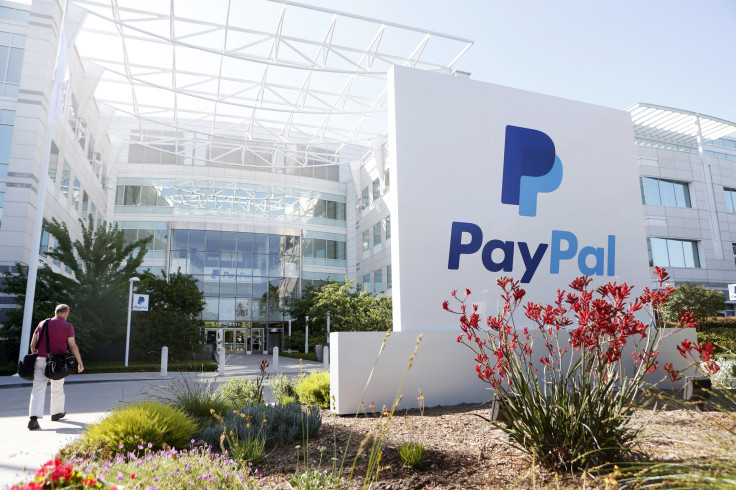PayPal Waiving Fees For Upcoming Stimulus Checks
PayPal Holdings (NASDAQ:PYPL) is giving its clients a break for the holidays. The company announced that it will charge no check-cashing fees for the stimulus checks that will (hopefully) be sent to all Americans soon. Typically, the company's cash-a-check feature generates a fee for this action.
Similar to services offered by traditional banks these days, cash-a-check allows PayPal account holders to snap a picture of their check and upload it through the company's system. Funds are then disbursed.
PayPal added that customers who received the government's previous stimulus payment this spring via direct deposit into their PayPal account should automatically receive the new one in the same way as per Internal Revenue Service advisement.
Many PayPal account holders are likely to use the company's services for their upcoming checks.
"In the first wave of the government's stimulus payments in April and May, we saw an incredible number of customers look to PayPal as a way to receive their stimulus payment quickly and securely, either through Direct Deposit or using the PayPal cash-a-check feature," the company quoted its senior vice president of branded experiences John Kunze as saying.
Deeply affected by the knock-on effects of the coronavirus pandemic on the economy, many Americans are anxiously awaiting their small but useful $600 per-person stimulus check. However, this is being held up by last-minute intransigence on the part of President Donald Trump, who has yet to sign the bill that includes the payments.
In mid-afternoon trading on Wednesday, PayPal's stock was down by 0.9% in contrast to the 0.5% gain of the S&P 500 index.

This article originally appeared in the Motley Fool.
Eric Volkman has no position in any of the stocks mentioned. The Motley Fool owns shares of and recommends PayPal Holdings and recommends the following options: long January 2022 $75 calls on PayPal Holdings. The Motley Fool has a disclosure policy.





















